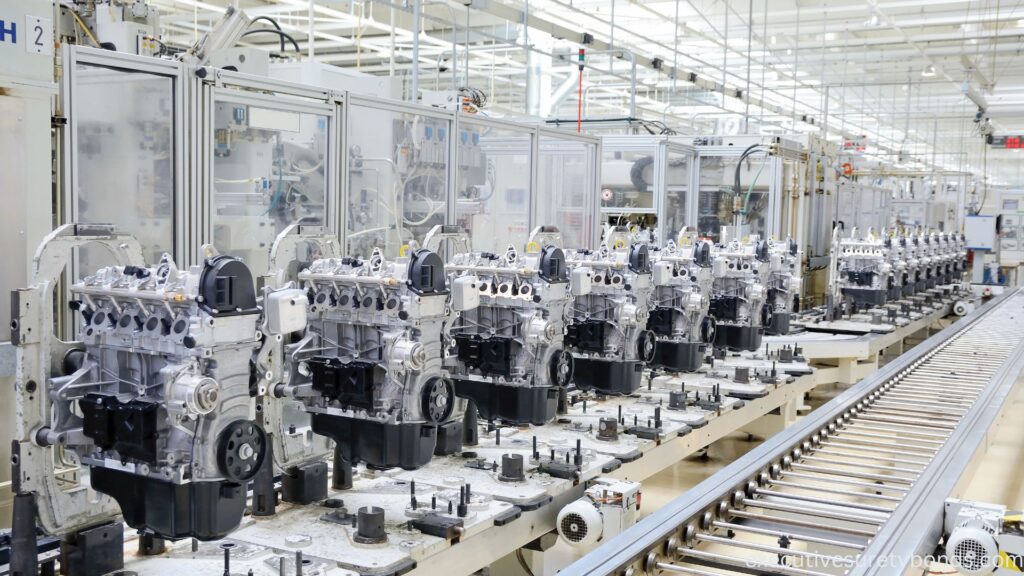Introduction
When it comes to the world of automobiles, there’s much more than meets the eye. Behind every shiny car on the dealership lot is a complex web of regulations and requirements designed to ensure consumer protection and fair business practices. One such requirement in the state of Washington is the Motor Vehicle Manufacturer $30,000 Bond. In this article, we’ll dive deep into this bond, unraveling its purpose, how it works, and why it’s essential for motor vehicle manufacturers.
Understanding the WA Motor Vehicle Manufacturer $30,000 Bond
What is the Motor Vehicle Manufacturer Bond?
The Motor Vehicle Manufacturer $30,000 Bond is a legal requirement for motor vehicle manufacturers operating in the state of Washington. It is a form of financial assurance that manufacturers must obtain to guarantee their compliance with state laws and regulations governing their industry.
Why is the Bond Necessary?
This bond serves as a safeguard for consumers, dealerships, and the state itself. It ensures that manufacturers adhere to ethical business practices, including fulfilling warranties, providing accurate information about vehicles, and addressing any consumer complaints or disputes. If a manufacturer fails to meet these obligations, the bond provides financial recourse for affected parties.
How Does the Bond Work?
Let’s break down the mechanics of the Motor Vehicle Manufacturer Bond:
- Bond Requirement: To operate legally in Washington, a motor vehicle manufacturer must obtain a bond in the amount of $30,000. This amount is set by the state and serves as a financial safety net.
- Bond Issuance: The manufacturer contacts a surety bond provider to secure the bond. The surety company assesses the manufacturer’s financial stability and risk factors before issuing the bond.
- Bond Cost: The cost of the bond, known as the premium, is typically a small percentage of the total bond amount. The exact premium can vary based on the manufacturer’s financial health and creditworthiness.
- Bond Duration: The bond remains in effect as long as the manufacturer continues to operate within the state. If the manufacturer ceases operations or loses their license, the bond may be canceled.
- Bond Claims: If a consumer, dealership, or the state believes that a manufacturer has violated state laws or regulations, they can file a claim against the bond. If the claim is valid, the surety company pays compensation up to the bond’s limit.
Conclusion
The WA Motor Vehicle Manufacturer $30,000 Bond might seem like just another piece of paperwork in the automotive industry, but it plays a crucial role in maintaining fairness and accountability. By ensuring that manufacturers fulfill their obligations and meet ethical standards, this bond helps protect consumers and maintain the integrity of the motor vehicle market in Washington State. So, the next time you see a car on the road, remember that behind it lies a network of regulations and bonds working to keep things running smoothly.
Frequently Asked Questions
Can a motor vehicle manufacturer choose not to get the $30,000 bond in Washington?
No, a motor vehicle manufacturer operating in Washington cannot opt out of obtaining the $30,000 bond if they wish to conduct business legally within the state. It is a mandatory requirement imposed by the state authorities to ensure consumer protection and compliance with industry regulations.
What happens if a motor vehicle manufacturer’s bond is canceled or expires?
If a manufacturer’s bond is canceled or expires, they are at risk of losing their license to operate in Washington. It’s essential for manufacturers to keep their bond in force continuously as long as they wish to conduct business within the state. Failure to do so can lead to regulatory penalties, including license suspension or revocation.
Are there any exceptions or waivers for small-scale motor vehicle manufacturers?
Washington State does not typically provide exceptions or waivers for the $30,000 bond requirement based on the size or scale of a motor vehicle manufacturer’s operations. Regardless of the company’s size, all manufacturers must adhere to the same bonding regulations to maintain a valid license and operate legally within the state.

